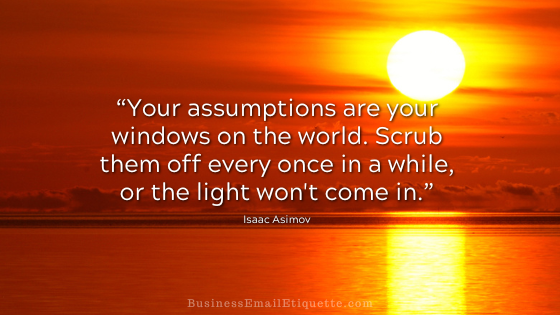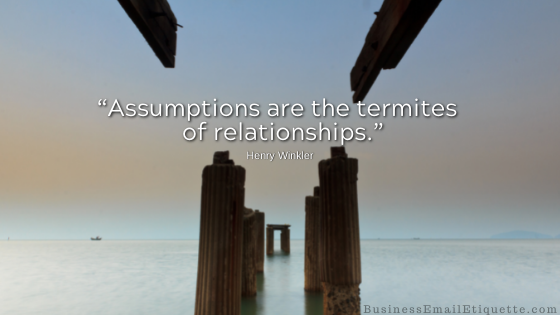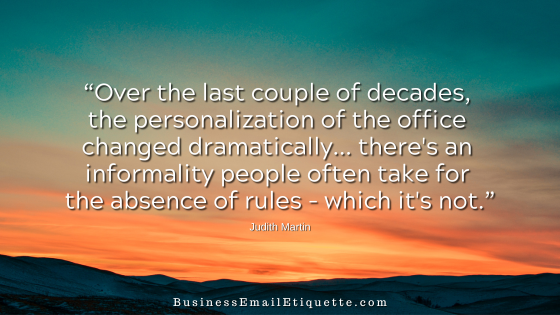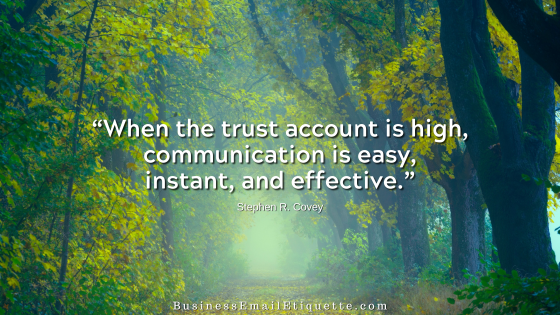Should I ask for a reply to my emails? And if so, how?
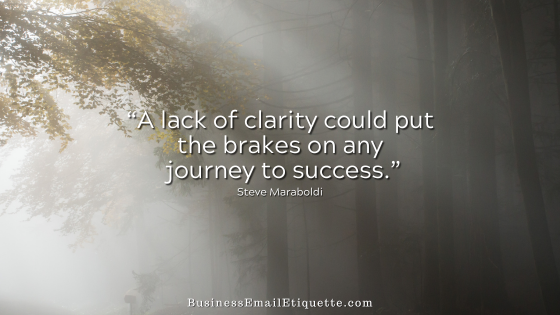
The topic of email replies, from all angles, is one of the things I get asked about most. Do I reply? Why don’t they respond? When do I not have to answer?
This question comes from a site visitor who wonders if, if I don’t get the reply that I want, if it’s okay to be upfront and ask for a response. And how do you go about that precisely?
A site visitor writes:
Okay, let’s unpack each possible situation. The short answer: If you have a deadline and require input, yes, then ask. Otherwise, discretion is applied.
When not outright asked for a response, you know if a reply is required or desired by the content within. In particular, when a contact takes the time to email with questions or concerns, common courtesy dictates that you respond promptly.
When Just an Acknowledgment is Good
Even with a simple FYI-type email, a nice “Thanks for the update — appreciated!” will be a welcome reply, especially for FYIs about time-sensitive and date-specific concerns.
With more emails getting caught up in spam filters, this confirms you did receive the email and understand its contents. This is also the opportunity to ask any questions you may have.
But that doesn’t mean you reply that way to every single email you receive. Instead, use your discretion to identify topics you know the other side would benefit from confirming you did receive their communication.
On those critical communications, taking a few moments to let them know you did receive their email while adding any relevant information helps to show you are an efficient, reliable communicator and a pleasure to do business with.
Not responding because the sender did not specifically ask you to can be perceived as ignoring the message. Always remember that you want to respond as promptly as possible to your business communications.
When and How to Specifically Ask for a Response
If someone expects a reply to an email, should it be stated in the email? And what about a general email addressed to a large group for informational purposes? Do these emails require a reply?
On the flip side, should I ask for a reply or state no reply is required? Regarding stating you expect a response, the recipient should know you desire a response by the content of your email. If you are clear about what you need, you should not have to state, “I expect a response…” and risk sounding demanding or bossy.
Remember that part of communicating with clarity is being specific about your expectations. For example:
Or a statement similar to this to make it clear you are soliciting a response.
Don’t Add to the Clutter
There are times when a response is desired, required, and expected. While other times, responding only contributes to the sender’s inbox clutter. Learn to distinguish the difference and reply to those emails where you know the sender is seeking confirmation or information from you.
When someone takes the time to send an email, especially in business where communication and responsiveness are key, common courtesy dictates that you respond promptly. In addition, folks believe email to be instantaneous and therefore expect a lightning-fast reply.
Not responding because the sender didn’t ask you to or because you are too busy can be perceived as you disregarding their message. Or that you are inefficient and unorganized. Neither of which are good for business.
Responding promptly helps build relationships and avoid misunderstandings. Not to mention that fast responses show you are service-focused. The last thing you want to happen is to have competitors outperform you in this area.
Group Email Announcements are Different
As far as informative mass emails, I would assume a reply is not expected unless solicited explicitly by the sender. The exception will be if you have a specific issue with something in the email you feel the sender needs to be aware of. In that case, only reply directly to the sender — do not Reply to All.
Are you trying to minimize those replies that clutter your inbox? Type at the end of your email something like “…no reply is necessary, just wanted to keep you in the loop.”
Of course, none of this applies to unasked for unsolicited cold calls or pitch emails. You can ask all you want, but if the recipient is not open to your message, don’t count on a reply even if you ask. Cold calling via email could do more harm than good.
Discretion, common sense, and clarity can help get the email replies you want and help to stem those that are not necessary. After all, that’s why it is called “communication.”
